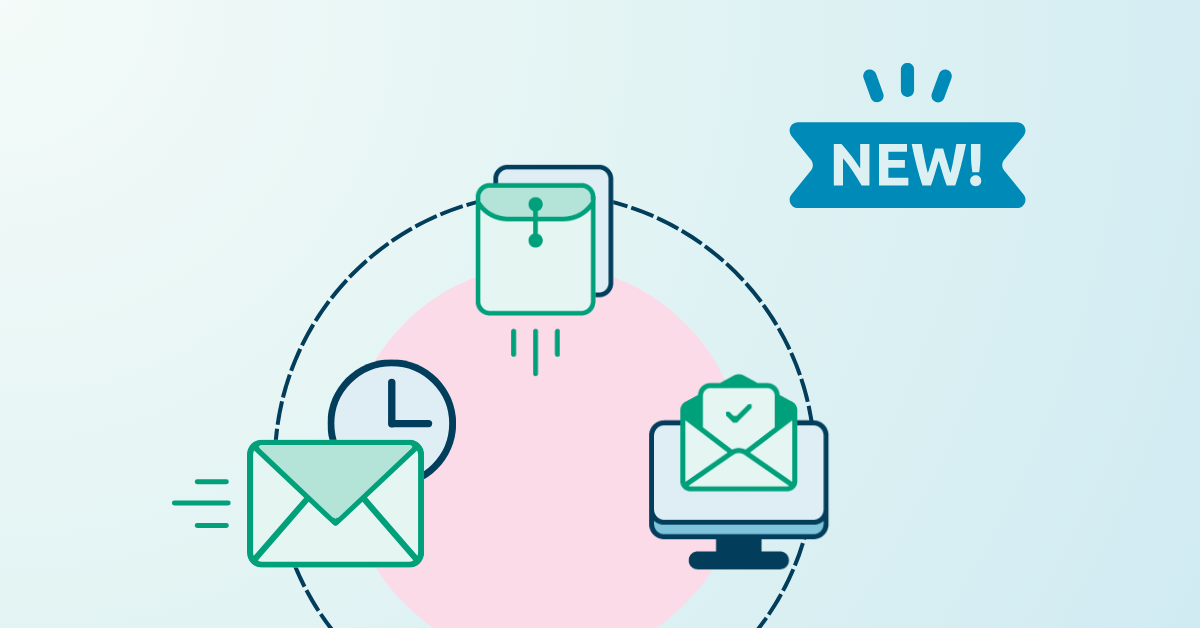In the world of remote work, computers, smartphones, and tablets are our one connector to the daily responsibilities and tasks and people who previously surrounded us in the office. So, even if we aren’t going anywhere, we need to make sure that nothing fishy is going on with our devices either.
Whether you are a strict desktop-only user or you keep busy over multiple devices and screens, you can help all your devices secure across all of the networks you work on.
#1: Assume that you are a target
First, in order to take any of these recommendations seriously, you need to be in the mindset that you are absolutely susceptible to attacks from hackers. It can be easy to think that you aren’t a big enough target or that it’s more likely to happen to someone else. However, for years now the experts have been saying that the majority of US businesses have been hacked in the last year. So it’s more accurate to expect to be hacked than to expect not to be.
#2: Keep your operating software up to date
The big tech creators of our pocket computers and desk computers do their best to stay ahead of potential security risks by regularly updating the operating software. Keeping up with those updates is the first step. Turn on automatic updates and use web browsers that update security more frequently.
#3: Be suspicious of emails, links, texts, and phone calls
Far too many hacks and data breaches are only possible because of the weakest link in the technology change: the human users. Some analyses estimate that human error is to blame for 90% of cyber data breaches.
So the best way to get ahead of this risk is to train users to be savvy about what they are using their devices to interact with. Beware of that suspicious email and scammy looking link. Ignore the phone calls and texts, and, whenever in doubt, go to your IT team for help.
#4: Create and manage passwords diligently
Always keep your device locked, and make sure it locks immediately after “going to sleep,” rather than staying unguarded for a period of time. Use only strong, hard-to-crack passwords, and set up password managers to keep track of the unique passwords for each site.
#5: Be cautious about client data
Law firms are among the businesses that hold a lot of sensitive data not just for their business, but for their clients too. This adds a layer of complexity in that it’s not just your company’s protection you’re looking out for. It’s critical personal information for numerous other individuals.
Adhere to your company’s policy on where client data can live and be shared—especially important now with the dispersed remote workforce. Never share details in writing when not necessary. And treat all the data you are privy to as you would your own.
#6: Only connect to secure WiFi
While we aren’t working from coffee shops as often as we once did, there are still bound to be times we are tempted to jump onto an open wi-fi that promises better connectivity than our own glitchy network. Resist the temptation!
#7: Back up, back up, back up
And preferably in the cloud. It should go without saying, but maintaining frequent backups of your data ensures that you won’t ever get caught with outdated information should your devices be compromised or lost.
#8: Download only from safe sites
Cybercriminals often create rogue mobile apps that look an awful lot like the common apps we all know well. Only ever download applications from the official app store, check the reviews, look for the company name and contact information that you’d expect to see for the
#9: Turn off WiFi and Bluetooth when not in use
These can serve as “ports of entry” for cybercriminals to access your data or compromise your device. Best to turn them off when not using them to limit your exposure.
#10: Customize home WiFi settings
Your home (and office) WiFi comes with default settings, often ones that are identical for all routers of that type. Always update the default settings and create unique login details and the maximum-security settings to protect your network.
Now that our devices have been moved around, altered, and set up to help us navigate the new world we live in, it’s important to be aware of the changing risks that they pose. Implementing these key safety measures will strengthen your security, reinforce trust with your clients, and reduce the risk of serious data breaches making a rough year even worse.







